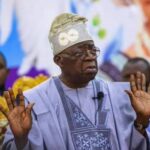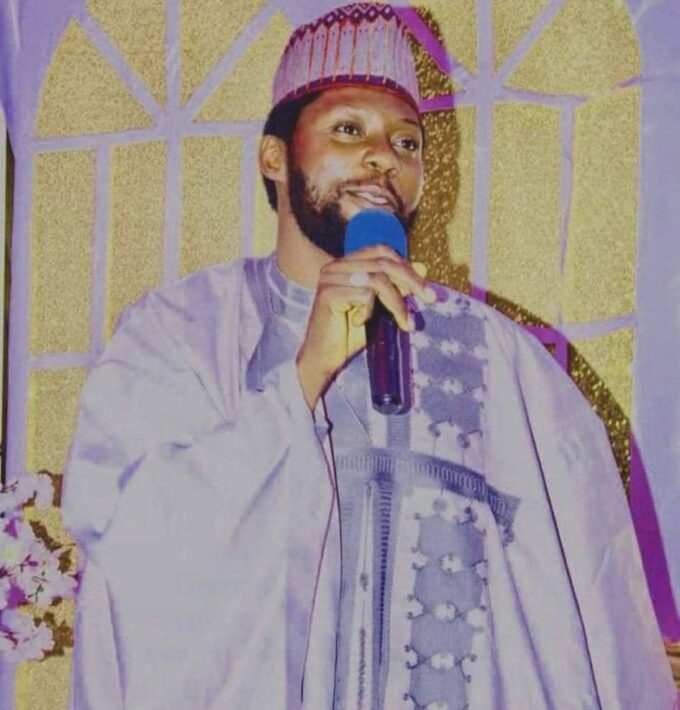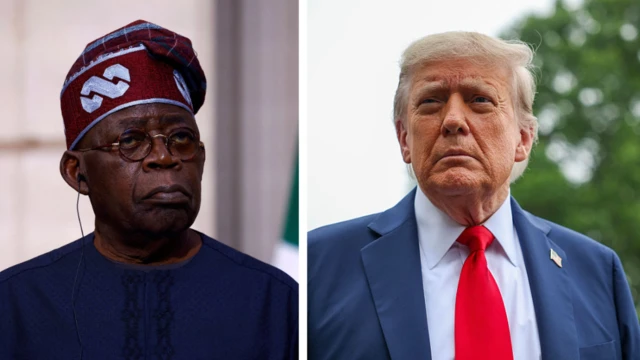The phrase ‘One Nation, One People’ is deeply embedded in the national anthems, political manifestos, and founding charters across much of the Global South. It carries the weight of hope, yet also the pain of promises unfulfilled. In Nigeria, these words echo a profound yearning for collective identity, yet remain shadowed by historical divisions and persistent political segmentation. As 2027 approaches, a critical electoral milestone, Nigerians are compelled to revisit questions that have lingered since independence: Who truly belongs? Can unity coexist with diversity? Is it possible to transcend divisions of ethnicity, religion, region, and class in politics?
These questions are far from theoretical. They resonate beyond Nigeria’s borders, reflecting a shared challenge across the Global South, where artificial colonial boundaries, elite domination, and fragile institutions have rendered nationhood a fragile and often painful endeavour. Frantz Fanon described the post-colonial condition as a struggle to reclaim identity from imposed divisions. Nigeria continues to wrestle with this struggle today.
The political system Nigeria inherited was built on division. Colonial rule laid the foundations, and post-independence governance has often reinforced them. Systems such as quotas, power rotations, ethnic alliances, and conflicts over resources have created a political framework where survival is ethnic, religious, and regional rather than national. This mindset fosters mistrust, where the advancement of one group is perceived as the marginalisation of another.
Even more troubling is the widespread misunderstanding of what politics truly entails. For many, it is no longer a sacred duty to serve the common good but a theatre of violence, patronage, and short-term gain. Elections, instead of platforms for policy and progress, become battlefields. Political rallies often transform into war cries. The Hausa proverb, “Ba’asanin kibiya sai ya huda jiki” (“One only knows the spear when one has been struck by it”), aptly captures this reality. Many Nigerians understand politics only through its painful and violent manifestations.
This ignorance is not accidental but deliberately cultivated. The 2023 general elections saw polling units in Lagos, Rivers, Kogi, and Imo states become sites of brutality. Voters faced threats, ballot boxes were set alight, and videos from Okota in Lagos showed ballot papers being burnt in broad daylight. In Rivers State, thugs loyal to powerful politicians hijacked electoral materials and disrupted vote counting, disenfranchising citizens. These patterns are not new. In 2019 alone, over six hundred cases of electoral violence were recorded, while the 2007 elections remain notorious for ballot stuffing, voter intimidation, and killings.
Those most affected by this violence are often young people, who themselves are victims of unemployment, disenfranchisement, and exploitation. Many are recruited as pawns in political games, yet the politicians behind this chaos would never expose their own children to such risks. The Fulfulde saying, “Nguuru don daaki nden yahude” (“Unity is strength”), reminds us that strength arises from togetherness, not division. Yet, the energies of our youth are fragmented and channelled into destruction rather than collective progress.
This culture of violence signals a deeper problem: the erosion of civic education. Too many Nigerians have never been taught that politics is the art of governance, the pursuit of justice, and the stewardship of public life. Instead, politics is widely perceived as a dirty game fought with force and bribery. How can the flower of unity bloom in such soil? How can democratic institutions truly develop?
This dilemma is not unique to Nigeria. Across the Global South – from South Africa to India, Brazil to Indonesia – ethnic majoritarianism, the marginalisation of rural and peripheral communities, youth unemployment, and weak institutions undermine genuine unity. Political identity remains a contest of competing factions rather than a commitment to the nation as a whole. The paradox is clear: the state longs for unity, yet it is structured to maintain fragmentation.
As Benedict Anderson observed, nations are “imagined communities”, bound by shared stories rather than homogeneity. True unity does not require erasing difference but embracing diversity within a shared purpose. Yoruba wisdom teaches us, “Ẹni tó bá fẹ́ràn àjọ, kó mọ̀ pé àjọ ní ń fi ọ́ jẹ” (“He who loves the community must understand that the community shapes him”). Belonging is mutual and requires active participation.
To demystify unity, we must redefine it. Not as uniformity, but as the collective acceptance of difference alongside justice, fairness, and inclusion. Justice where no group is above the law. Fairness where opportunity and development are not privileges reserved for a few. Leadership that reflects the nation’s entire mosaic, rather than only the dominant faction.
Let us see if the 2027 elections will offer more than a contest for power. Could they represent a generational opportunity to rebuild trust, restore faith in democratic institutions, and redefine what it means to be Nigerian- a Nigerian proud in both earthly and spiritual realms, living in a country rooted in justice, equality, productivity, and meaningful development? A Nigerian guided by divine laws that reflect perfection? This demands confronting the segmented politics that hold us back. The future requires moving from identity politics towards meritocracy, from patronage to policy, and from division to dialogue.
Yet transformation cannot come from the ballot box alone. It must begin in communities where dialogue replaces suspicion; in schools where civic education replaces prejudice; and in the media where narratives of unity drown out the noise of division. The Swahili proverb reminds us, “Umoja ni nguvu, utengano ni udhaifu” (“Unity is strength, division is weakness”). We must reclaim politics as a platform for service rather than survival.
‘One Nation, One People’ is more than a slogan. It is a profound challenge and an invitation to imagine a future where belonging is unconditional and every person, regardless of ethnicity or origin, can proudly declare: “This country is mine, and I am hers.” In Nigeria and across the Global South, unity is not an illusion but a choice. It is a difficult choice, but one that is essential.
As 2027 approaches, the question remains: will we continue as prisoners of a fractured past, or will we summon the courage to forge a more inclusive, just, and united future?
ahmadeesir214@gmail.com













Leave a comment